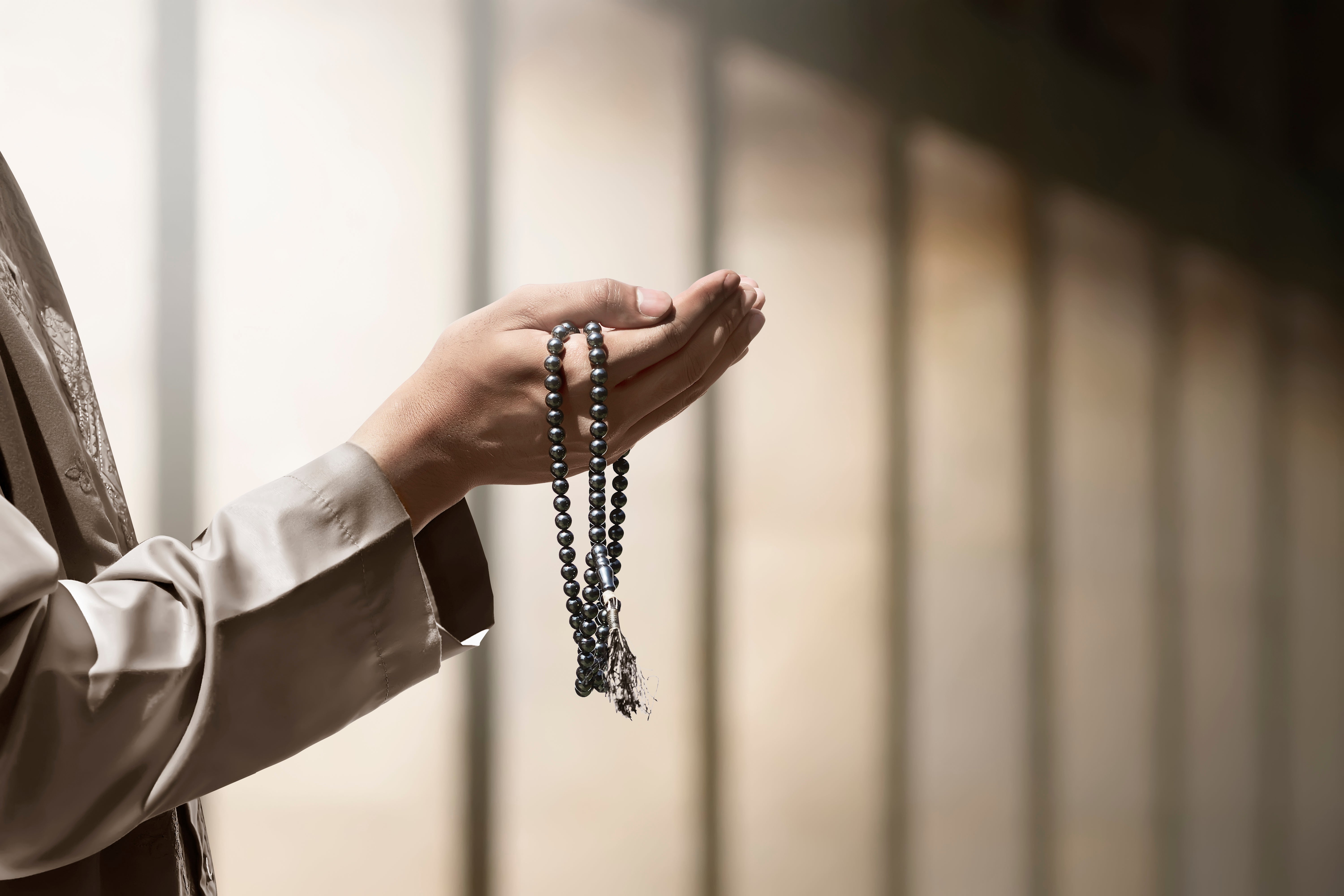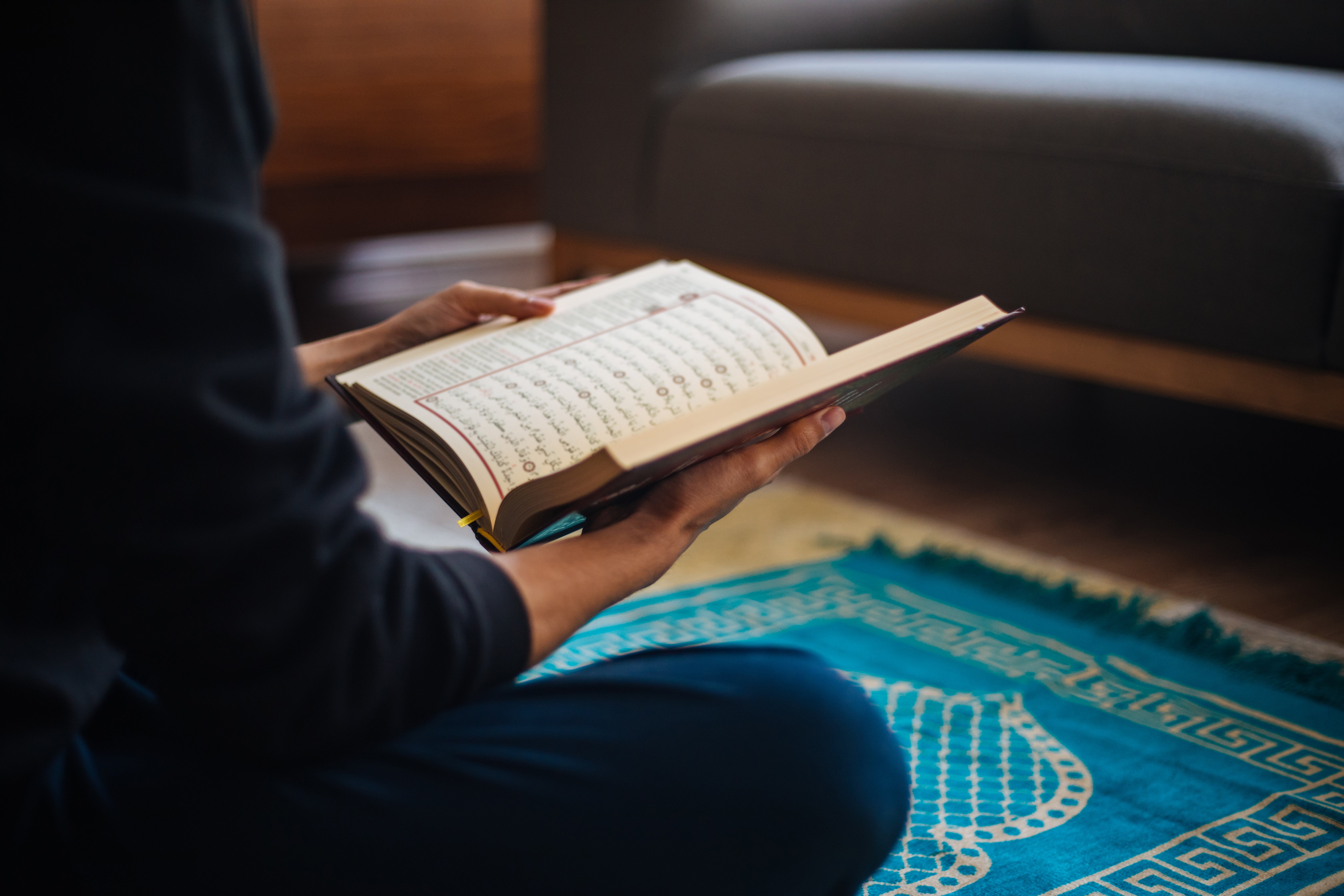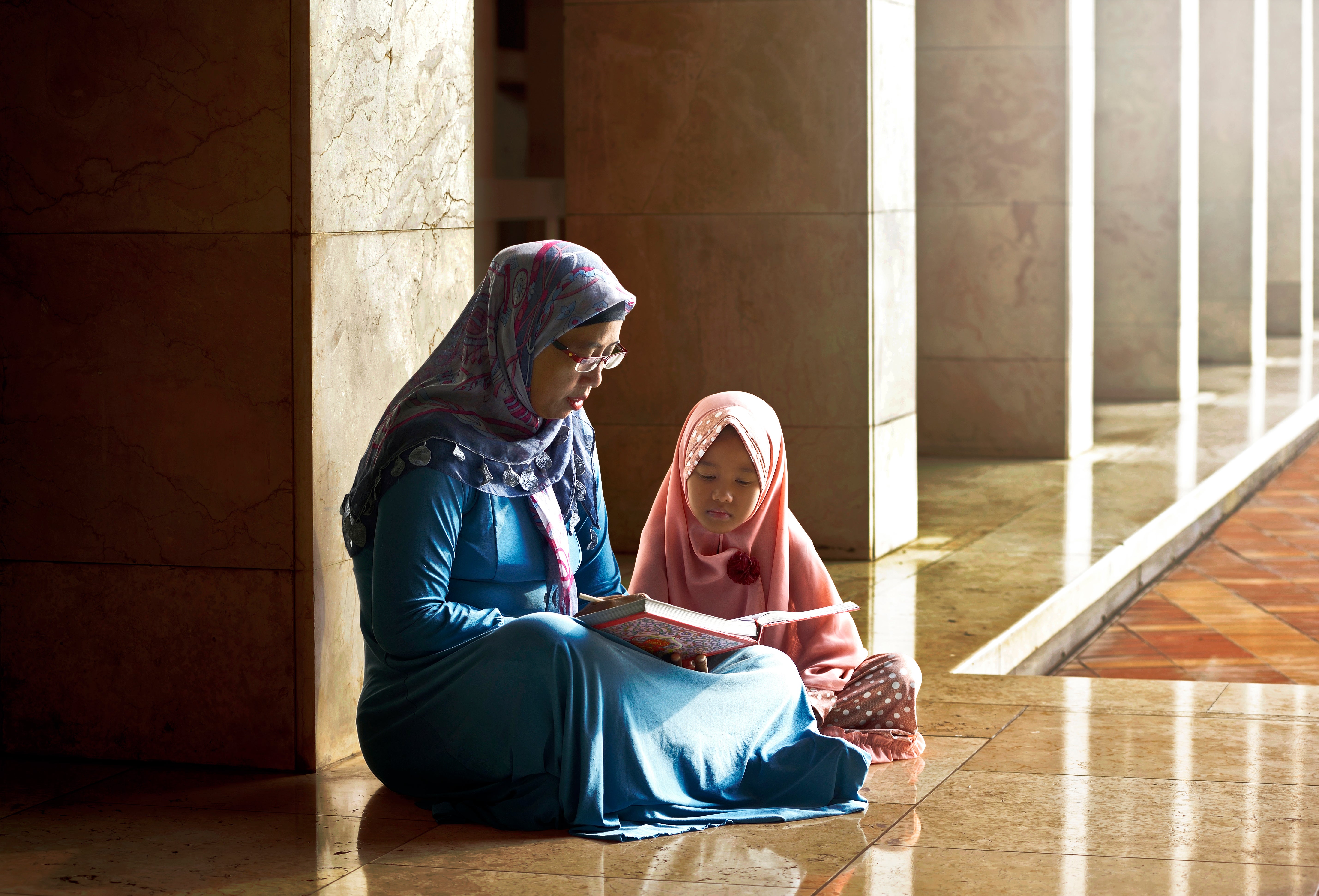Laylatul Qadr: When is the 27th night of Ramadan?
In the lead-up to Eid, Muslims seek the Night of Power which the Quran says is ‘better than a thousand months’

As the fasting month of Ramadan nears its end, Muslims around the world prepare for the holiest night of the year, Laylatul Qadr.
Laylatul Qadr comes from Arabic roots and means the “Night of Power” or “Night of Decree”.
This is because Muslims believe that every matter of the year to come is decreed during this night.
Believers thus strive to supplicate as much as possible throughout the night as it is a special time for prayers to be accepted.
Laylatul Qadr also means the “Night of Honour” or “Glory” as a person can elevate their status and honour before God through performing superlative acts of sincere worship throughout the night.
When is Laylatul Qadr?
Many people believe that it falls on the 27th night of Ramadan, however, scholars in Islam say that Laylatul Qadr can fall on any of the odd nights during the last ten nights of Ramadan.
This comes from an authentic hadith narration of the Prophet Muhammed (peace be upon him) who advised: “Seek it [Laylatul Qadr] in the last ten nights.”
This means it could be on 21st, 23rd, 25, 27th or 29th night.
Tonight is the 27th night of Ramadan and Wednesday is the 29th night.

What does the Quran say about Laylatul Qadr?
In the Quran, there is a whole surah (chapter) devoted to explaining the power of this night.
In the 97th surah of the Quran, God says: “The Night of Glory is better than a thousand months; on that night the angels and the Spirit descend again and again with their Lord’s permission on every task.”
Because of these verses, Muslims believe that doing any good deed or act of worship on this night is equivalent to doing it for more than a thousand months or over 83 years.
The surah also reveals that the first verses of the Holy Quran were brought upon this earth from the heavens and recited by Angel Jibrael to Prophet Muhammad (peace be upon him) on Laylatul Qadr.

What do Muslims do on Laylatul Qadr?
The night begins at the time of the maghrib (sunset) prayer. Some of the acts of worship include:
- Salah – Prayer: Muslims often spend a great portion of the night taking part in congregational night prayers, also called tarawih and qiyam al-layl.
- Dua – Supplication: This is seeking forgiveness, guidance and help from God, and is a means of replenishing the soul by seeking God’s mercy.
- Quran – Reciting and memorising the Quran is stated to be one of the greatest rewards in Islam, so Muslims use the last 10 nights to try to complete it.
- Charity- Giving to those in need is an important act of worship that is encouraged continuously in the Quran and by the Prophet Muhammad (peace be upon him).
Join our commenting forum
Join thought-provoking conversations, follow other Independent readers and see their replies
0Comments